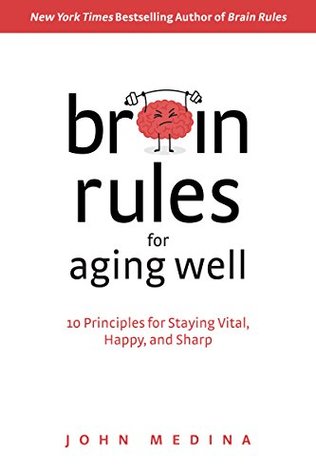More on this book
Community
Kindle Notes & Highlights
Mindfulness, put simply, is a series of contemplative exercises that gently and nonjudgmentally ask you to focus your brain on the now rather than on the past or future. Kabat-Zinn puts it this way: “Mindfulness means paying attention in a particular way; on purpose, in the present moment, and nonjudgmentally.”
Libby liked this
Concentrating on your breathing is a popular first exercise. So is focusing on a body part, like the sensations in your left foot. Letting raisins linger in your mouth is popular, too. Whereas some meditative styles ask you to clear your mind, mindfulness does the exact opposite, asking you to fill it. With focus.
if we stick with it, really good things will happen to our brains. These good things fall into two categories: emotional regulation (especially the ability to manage stress) and cognition (especially the ability to pay attention). Put bluntly, mindfulness calms you down. This has all sorts of behavioral consequences. Seniors who practice mindfulness sleep better than those who do not, for example, probably because of lowered cortisol levels. Mindful seniors show marked reductions in depression and anxiety. They report ruminating less frequently over negative things. People who practice
...more
There are great reasons to fear what happens if you don’t create a robust social schedule for the rest of your life or practice mindfulness meditation for the rest of your life. There are equally great reasons to be exhilarated if you do.


